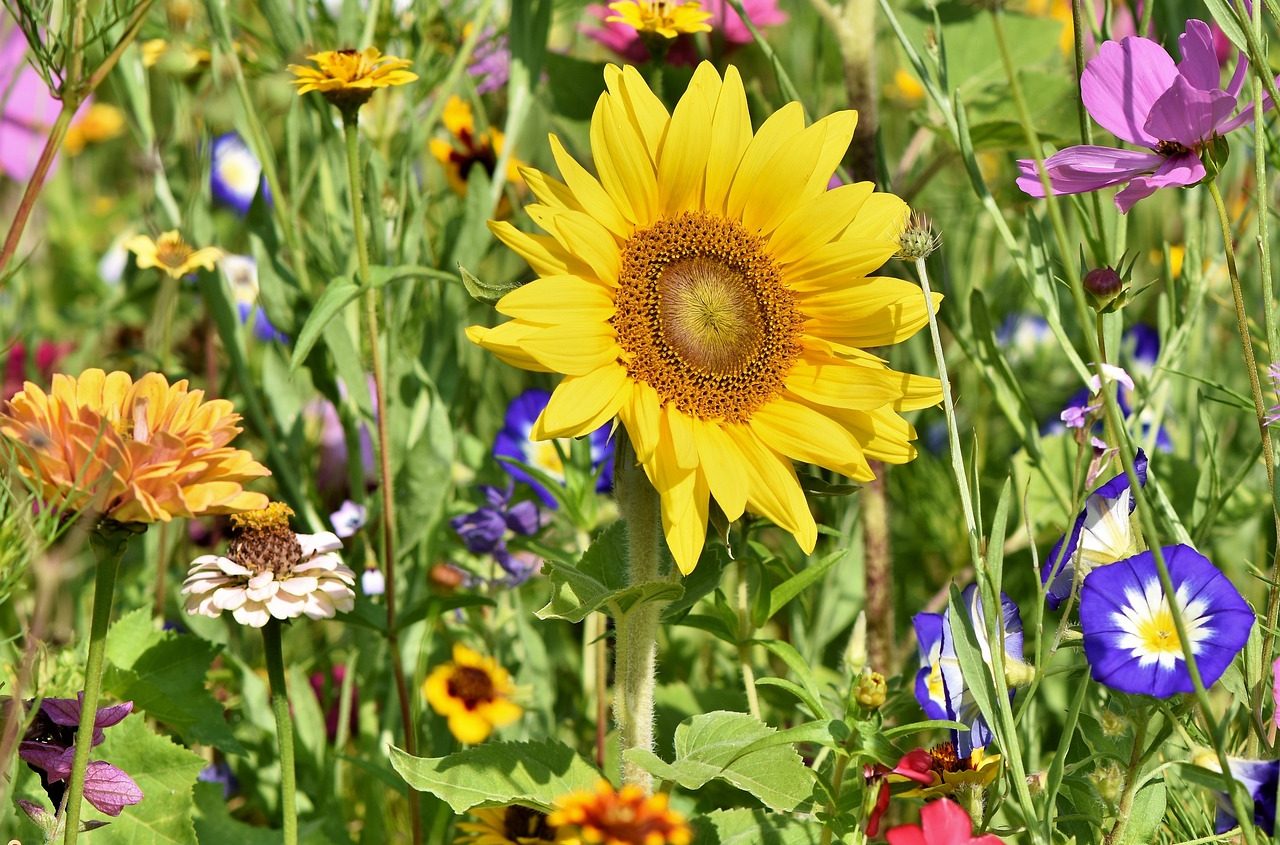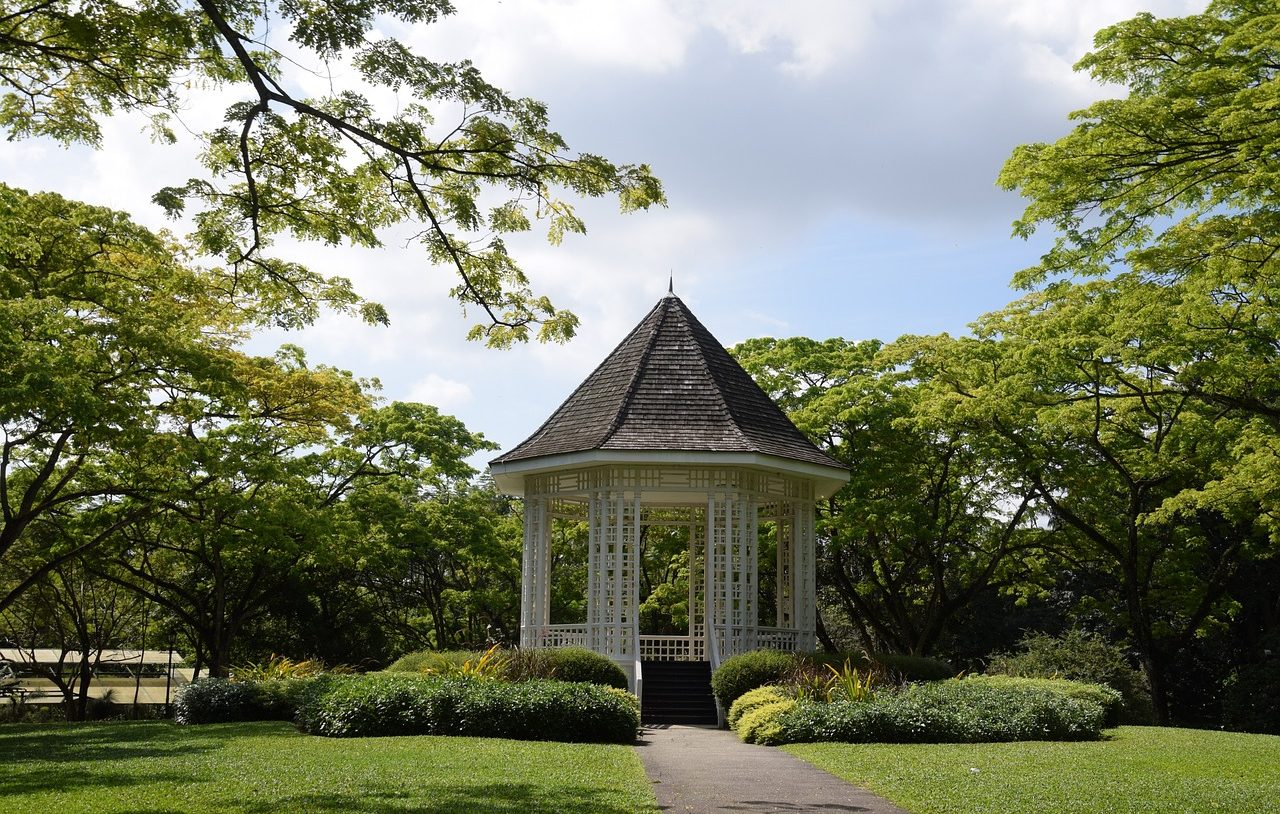
Botany is the scientific discipline that is dedicated to the analysis of plants.
Botany is the scientific discipline dedicated to the study of plants . Also known as phytology , it is part of biology and is focused on the description, classification and analysis of all the characteristics of plants.
The term had a long etymological journey before reaching our language . The Greek word botánē , which can be translated as "grass" , derived from botanikós . Then, in medieval Latin, it became botanicus .
Botany draws on knowledge of physiology , cytology , phytography , histology , ecology and other specialties, always linked to plants. This allows you to cover all aspects of vegetables .
Types of botany
It is possible to differentiate between pure botany (which seeks to increase existing knowledge about nature) and applied botany (aims to produce useful information for the development of technology).
Having interesting data on plants allows, in turn, to expand the scope of numerous sciences : that is why botany is a subject of interest for engineers, pharmacists and other professionals.
It should be noted that plants allow us to obtain food, produce medicines, develop textile fibers and generate energy , for example. Botany, in this way, is an essential discipline for the progress of humanity.
The concept in different expressions
The concept of botany (or its masculine version, botanist) allows, in turn, to construct various expressions: botanical garden (an area intended for the cultivation of plants), botanical geography (branch of geography focused on the distribution of plants on the planet), etc.
Botanical gardens must be enabled by a private, associative or public body, although sometimes they are managed by two or more. Its purpose is to study, conserve and disseminate plant diversity. One of its main features is the exhibition of scientific collections of live specimens, which are cultivated to achieve some of the aforementioned goals, in addition to collaborating with academic training.

Botanical gardens grow plants for study and conservation.
History of botanical gardens
The history of botanical gardens dates back to the Renaissance, a period during which there was a marked interest in the encyclopedia . The inspiration for this type of installation was undoubtedly the design of medieval gardens. At first, botanical gardens were dedicated exclusively to the cultivation of medicinal and food plants, and little by little the classification and nomenclature became more specific.
According to the evidence found so far, it was in Al-Andalus that the construction of the first botanical gardens took place during the 13th century by the Muslims. In France, the first was only seen in 1593 ; This is The Montpellier Plant Garden , which the university still manages today.
There are also several botanical gardens in Italy , which were founded in the north of the country in the mid- 16th century in Padua , Pisa and Bologna , connected to their respective universities. Other European countries in which we can find these spaces dedicated to the cultivation of plants are Germany , Sweden , the Netherlands , Denmark and Spain .
Currently, there are several universities that are in charge of maintaining their own botanical gardens, where they carry out important research work. For example, some build a botanical garden to dedicate it to the study of the molecular complex and genetic research; Thanks to an investment of this kind, they collaborate with the preservation of scientific and historical knowledge.
In addition to collecting and conserving local and exotic plants, scientists working in a botanical garden carry out the difficult task of protecting those species that are in danger of extinction .
